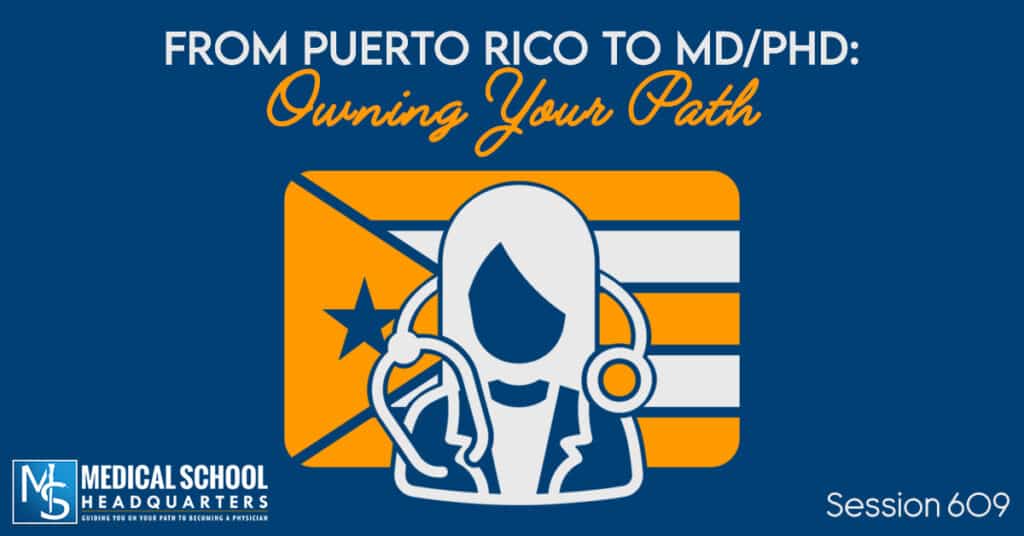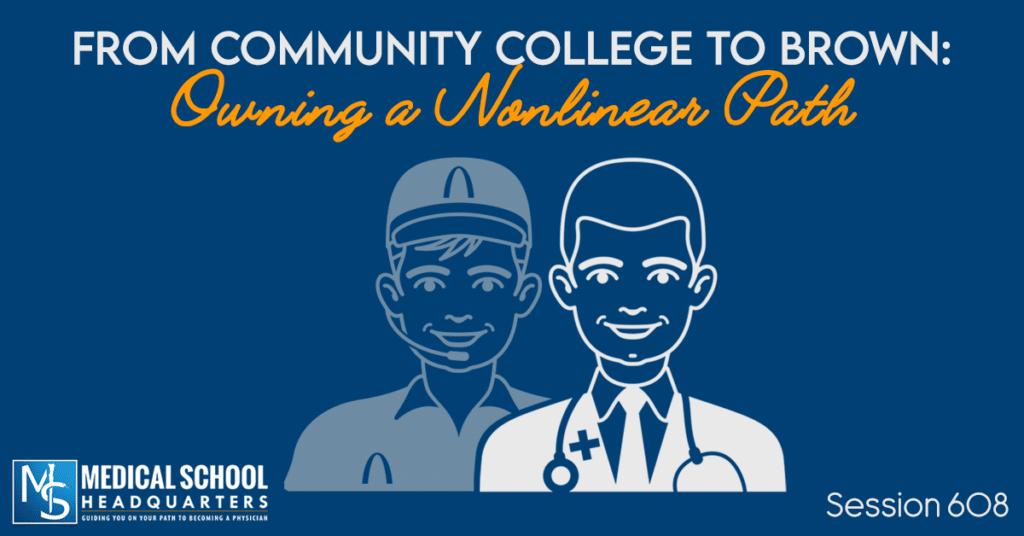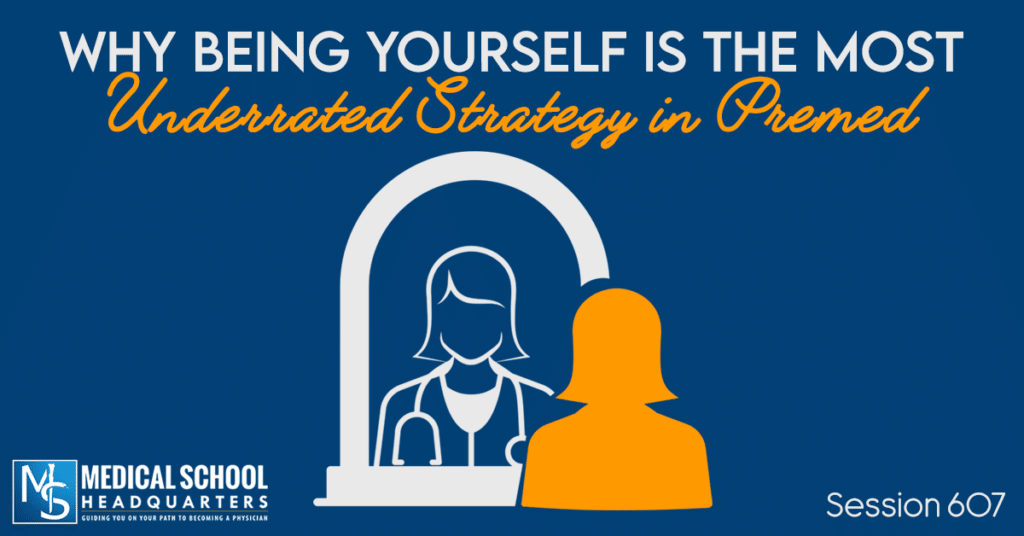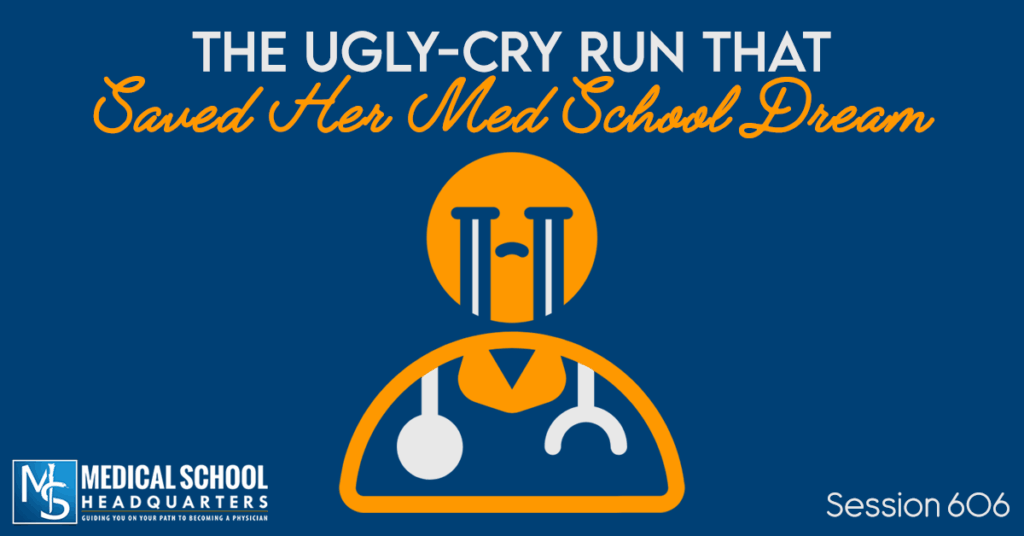The medical school application process is complicated, with multiple steps. Each step is an opportunity to hurt or help your chances. You help your chances by completing each step promptly and letting the admissions committee learn who you are.
After you submit your primary application, you will quickly receive requests from schools to complete their secondary application prompts. You submit secondaries after the primary application, but ideally, you’ll be prewriting your secondary essays as you finish up your primary.
What Are Secondary Applications?
The secondary application refers to a set of essays that each medical school wants you to write. Depending on the school, other aspects like the situational judgment tests might also be considered part of the secondary application. This guide will focus on the essay writing element of the secondary application.
Most schools will give you 2-5 prompts and a character count within which to answer the prompt. These prompts allow the school to ask you more targeted questions to better understand whether you are a good fit for their class. They want to only interview students who fit their mission, so secondary essays can play a role in deciding who to interview.
The most important thing to remember is to answer the specific question that is asked. This is true even if the question seems very generic. Answer the prompt as well as you can and use your research into the school to show how you fit the school’s mission.
Am I Screened Beforehand?
Some schools screen applicants before sending the secondary prompts, but most do not and send them to every applicant. The application process is already long and resource-intensive for schools. Prescreening applicants before sending secondary prompts would only intensify this, so the vast majority automatically send secondaries to all applicants. The majority of those who do prescreen applicants don’t publish their cutoffs.
When Do I Receive Secondary Prompts?
Medical schools don’t receive your application from AMCAS until mid-to-late June, so that is typically the earliest you will receive secondary applications. Some, though, will send them earlier than this, potentially before your application is verified. This is especially true for AACOMAS and TMDSAS. These application services transmit your application to schools more quickly than AMCAS, accelerating the entire process.
Once schools have begun receiving applications, you might receive your secondary prompts immediately after submitting your application. You might receive them before your application is verified. This speed is part of why it’s important to prewrite your responses.
Turnaround Time
You will receive many prompts at once and are expected to turn them around within two weeks. Because of this, it is a good idea to write your responses before officially receiving the prompt. Some may have specific deadlines requiring a shorter turn-around time than two weeks. Prioritize those first.
Most prompts don’t change yearly, so you can look at secondaryapps.com and begin answering them in advance. Most schools give multiple prompts, so the number of essays you need to write can pile up very quickly if you’re not careful to plan.
Common Secondary Application Prompts
Secondary applications are a chance for schools to find out if you are a good fit, so most prompts will be designed to understand who you are. Common prompts might include what drew you to the school, diversity, and your plans for the future. Others might ask you to talk in detail about specific aspects of your journey, like failure and interruptions in your education.
For more examples of common secondary prompts and samples of how other students have answered them, check out the secondary application section of The Premed Playbook Guide to the Medical School Application Process.
Final Tips
Prewrite Your Secondaries
Any work you can do on your secondaries ahead of time will help keep the process from becoming overwhelming and help you meet the expected two-week turnaround.
Double-Check Your Work
Some schools give character limits, and others provide word limits, so you need to double-check that. Be especially careful if you’re using one essay for multiple schools. Even if you change some things, the length may be wrong, and you want to give yourself sufficient time to make any needed edits.
While your secondary essays won’t require as much editing as your personal statement, you should still reread them to ensure you answered the question and check for typos or other mistakes.
More Resources
Secondary Essay Common Mistakes and How to Avoid Them
How to Answer Secondary Prompts About “Why Us”
Secondary Essay Database






